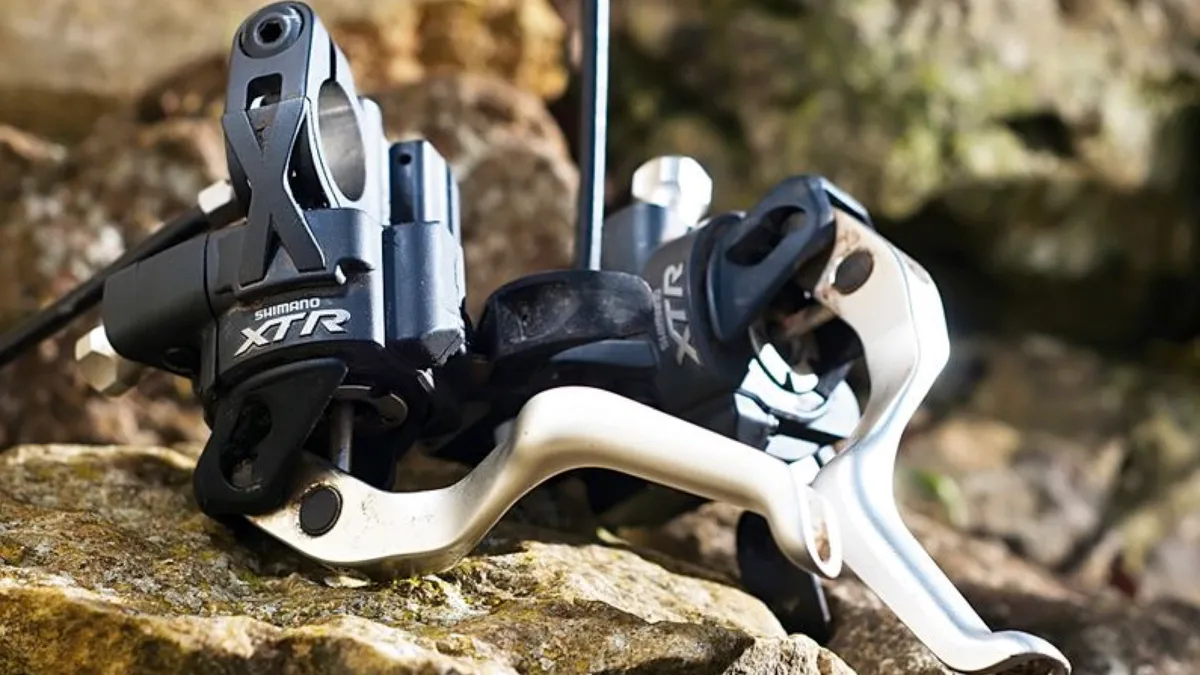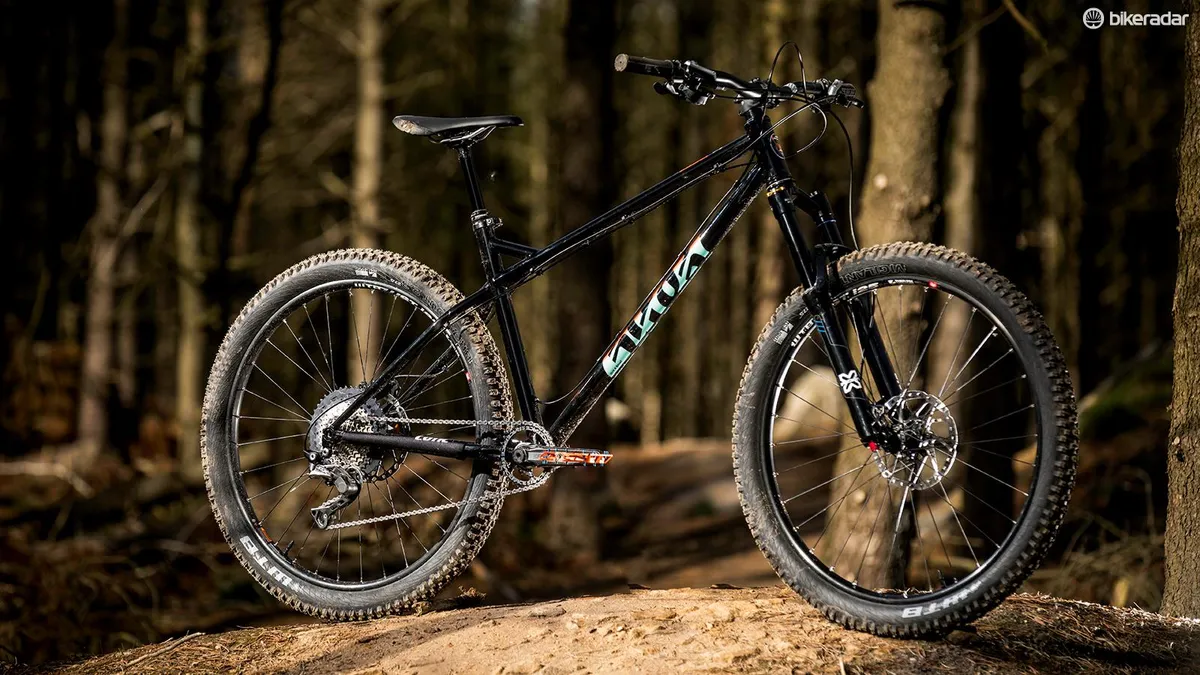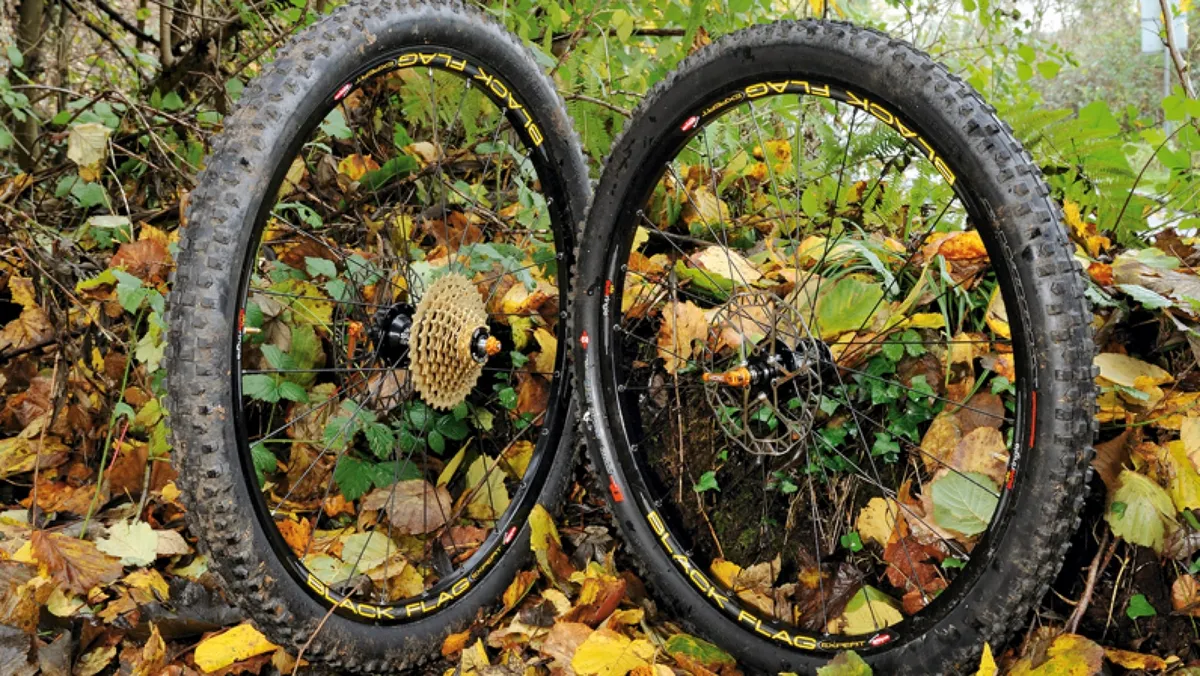It’s been five years since 27.5in wheels really took off, and longer still since 29ers went mainstream. In that time sales of 26ers – which dominated mountain biking for around 30 years – have sailed off a cliff in true Josh Bender style, spanking the landing like a meteorite and ragdolling out of shot.
- Mountain bike wheel sizes: 26in, 650b and 29in explained
- How does mountain bike wheel size really affect performance?
And ever since then, we’ve been on the internet, arguing. Is 26in really dead? Did it fall, or was it pushed? Is it all just an industry conspiracy to sell more bikes by deliberately making their (far better) predecessors obsolete?
While I can’t comment on the conspiracy thing on account of being a fully paid-up member of it (obviously), it does strike me that nobody’s really bothering to build new 26ers. Not even the awkward types. That’s quite odd.
Think about it. Full suspension bikes ‘killed’ hardtails, but plenty of firms still build hardtails, because they’re still awesome.
Aluminium frames ‘killed’ steel bikes, but plenty still build steel frames, because — again — they’re still awesome.
And geared bikes ‘killed’ singlespeeds, but plenty still build singlespeeds because… sorry, bad example.

Even alloy is technically half-dead: carbon kicked it right in the bauxite for weight and stiffness, and carbon gets cheaper by the day. Yet people still build aluminium bikes because, guess what, they’re still awesome. All these ‘old’ ideas still have their place. So they all still get built.
Maybe the real reason nobody’s bothering is that 26in wheels weren’t really indispensable after all
If 26in bikes were really such an awesome idea, where are all the new 26ers? Where are all the lovely boutique frames to sit alongside the steel hardtails and singlespeeds, built especially for the cognoscenti?
Pretty much the only 26in bikes appearing in 2018 comprise girder-tough jump bikes at one end, tiny-framed kids' bikes in the middle and budget junk at the other.
Okay, junk may be a bit harsh (cough), but bikes such as the £400 Scott Aspect 670 combine yesterday’s hoops with a host of other pre-conspiracy tech, including 80mm forks, triple chainrings, 7-speed cassettes and mechanical disc brakes. If that’s cutting edge, prepare to suffer blunt-force trauma.
Okay, so there are still a few proper 26ers on sale, not least the classic Cotic BFe, which survives in 26in alongside a newer 27.5in version (while also being both steel and a hardtail), and the… um… the whatever it is somebody’s mentioned in the comments. When I searched, Google just kind of shrugged. Nobody cares.

You may argue this is purely down to the availability of new parts — suitable wheels and forks — but while that must be some of the reason few manufacturers are bothering, it can’t be all of it. Especially when it comes to boutique, frame-only options where the customer can take advantage of the vast reservoir of spares available today.
So. Maybe the real reason nobody’s bothering is that 26in wheels weren’t really indispensable after all. Maybe they were an arbitrary format all along (they were) and 27.5in has turned out to be just a slightly better compromise (it is), as has 29in for certain applications? And we don’t really need three sizes? Hey, maybe the disappearance of 26in doesn’t even really matter!
In which case… forget I even mentioned it. Sorry about that.
